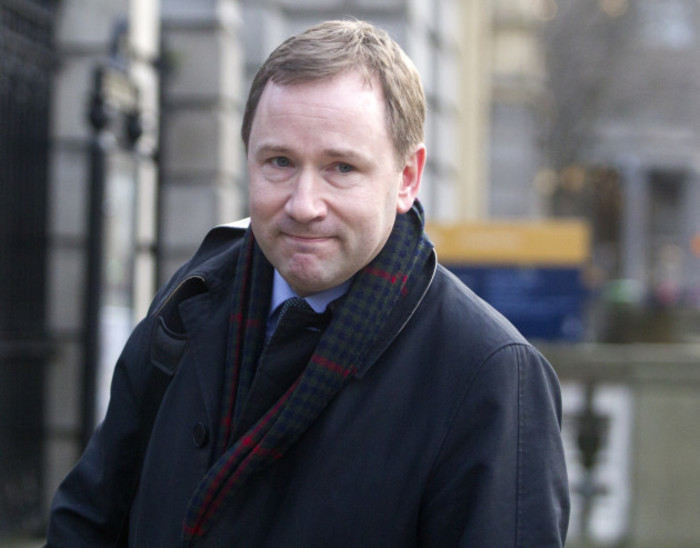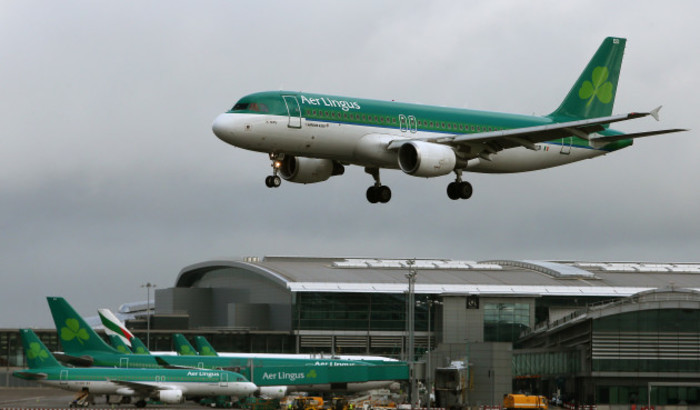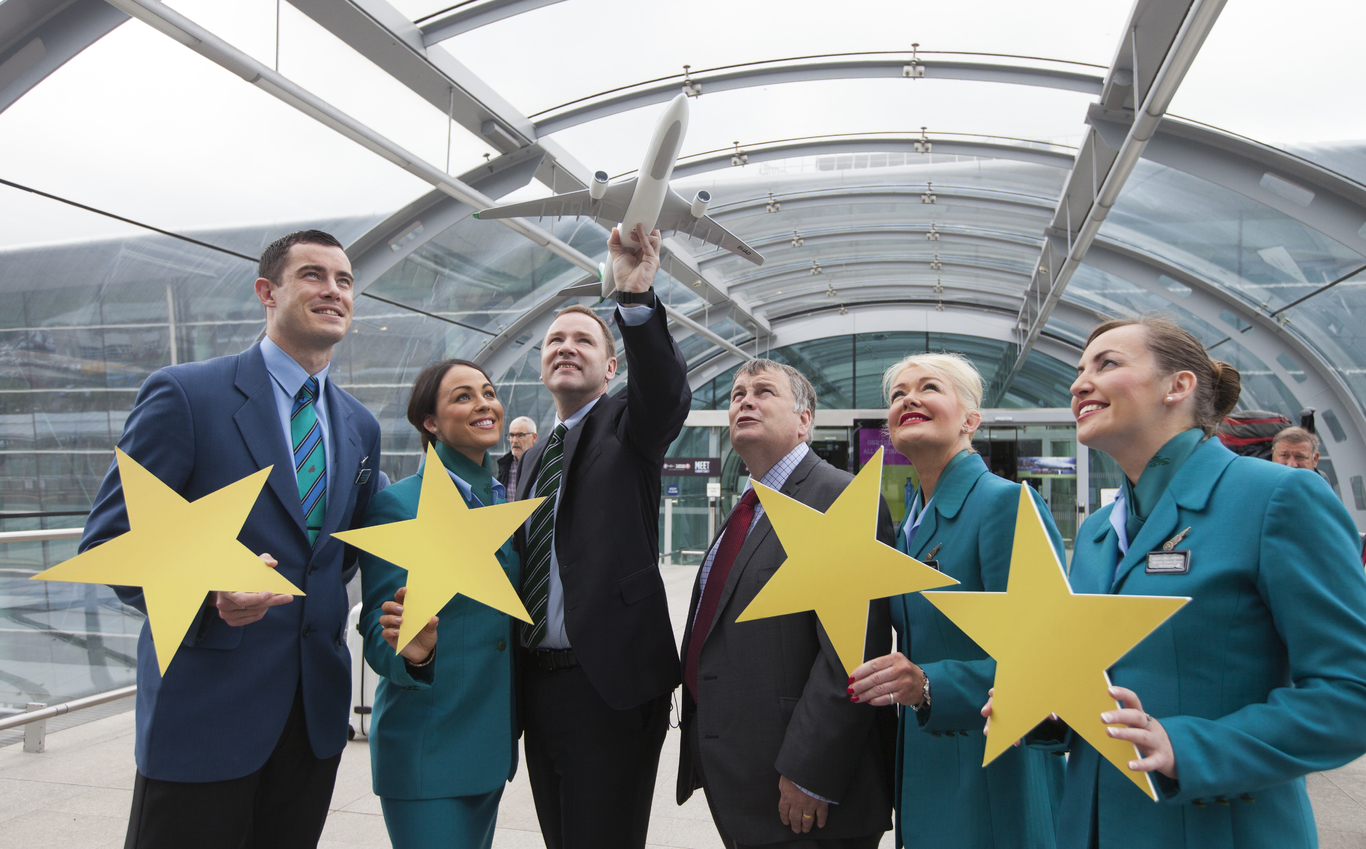Aer Lingus's CEO insists its controversial loyalty scheme is 'of value to the market'
Frequent flyer programme Aerclub has faced heavy criticism since it was launched last year.
AER LINGUS CHIEF executive Stephen Kavanagh has said the airline is “working hard” to fix problems that some customers have experienced with its controversial new frequent flyer programme.
The initiative, called Aerclub, was rolled out in November 2016 to replace the carrier’s 30-year-old Gold Circle loyalty programme, which Kavanagh said earlier this year was “over rewarding” some customers.
As previously reported by Fora, Aerclub has been met with heavy criticism in the seven months since it was launched.
Speaking at the Future Travel Experience conference in Dublin yesterday, Kavanagh acknowledged that Aer Lingus has had “some issues” in the transition from Gold Circle.
A number of aggrieved passengers contacted this website to say they lost thousands of points accrued while they were Gold Circle members. Others said credits earned through transatlantic travel failed to appear in their accounts months after completing a flight.
 Aer Lingus CEO Stephen Kavanagh
Aer Lingus CEO Stephen Kavanagh
‘First rate’
Responding to a question from Fora on the issue, Kavanagh said the airline was investing in “ongoing releases and technology to make sure that what we deliver is first rate”.
“Like all major technology programmes, there are some bumps in the road,” he said. “We’re working hard to address those.”
Kavanagh said the airline’s frequent flyer programme has gone from 70,000 active members under Gold Circle to just over 500,000 under Aerclub.
“That’s demonstrably supporting our proposition that what we’re doing is of value to the market,” he said.
“Now our challenge is to make sure that we deliver the kind of service levels that we expect and that our customers expect. We’re confident that we’re making real progress in that regard.”
Kavanagh was speaking as part of a panel discussion alongside Cork Airport boss Niall MacCarthy on “delivering outstanding customer experiences”.
Earlier in the discussion, Kavanagh made reference to the fact that Aer Lingus calls its passengers “guests” because it considers itself to be part of the hospitality sector.
“We’re very focused on the guest experience because we believe it is of singular importance in helping us to generate a 14% operating margin in one of the most competitive marketplaces globally,” he said.
Kavanagh said Aer Lingus bases many decisions on customer feedback – but said the airline cannot “be all things to all men”.
“There has to be some trade-off,” he said, highlighting the airline’s decision to cull a cleaning service from every turnaround, opting instead to give aircraft a scrub-down when they return to their bases.
Kavanagh said when that measure was first introduced, there was “slight dissatisfaction” from some customers because planes were dirtier. However, on-time performance improved.

Norwegian flights
On Saturday, low-cost transatlantic carrier Norwegian Air International (NAI) will roll out its Cork to Boston-Providence flights, more than a year after they were first mooted to launch.
Norwegian’s services from Ireland were met with strong opposition from aviation unions and American airlines, which claimed that Ireland-based NAI was being used as a ‘flag of convenience’ to lower working conditions and cut costs.
Kavanagh said Aer Lingus welcomes Norwegian’s entry into the transatlantic market from Ireland.
“Competition from an Aer Lingus perspective is a positive,” he said. “If we didn’t have Ryanair for the last 30 years, we wouldn’t be the business we are today.”
“I dream of a monopoly. But in the absence of a monopoly, we very much welcome fair and open competition.”






